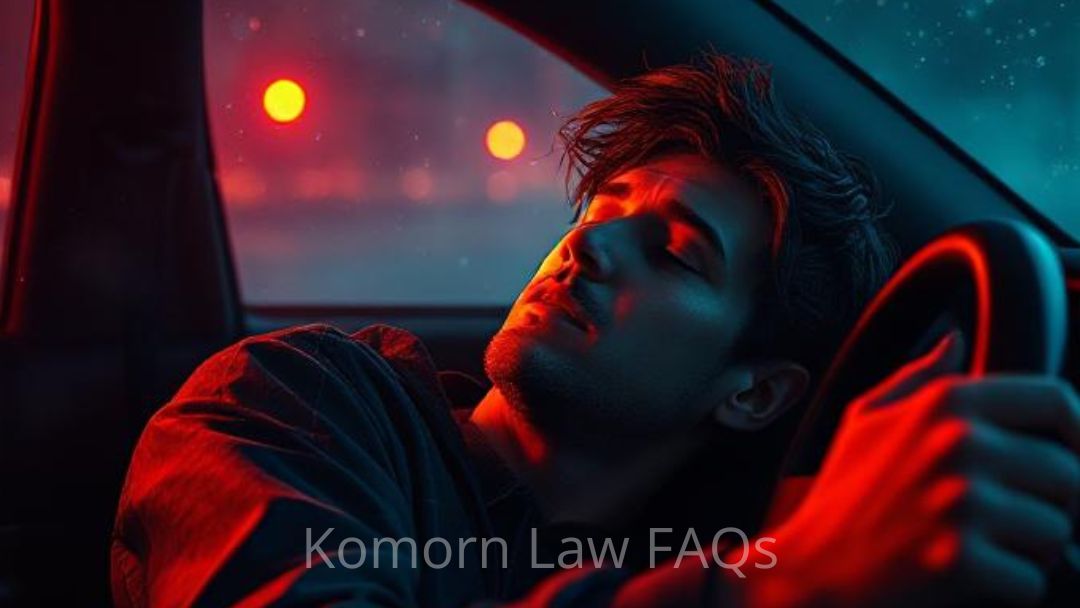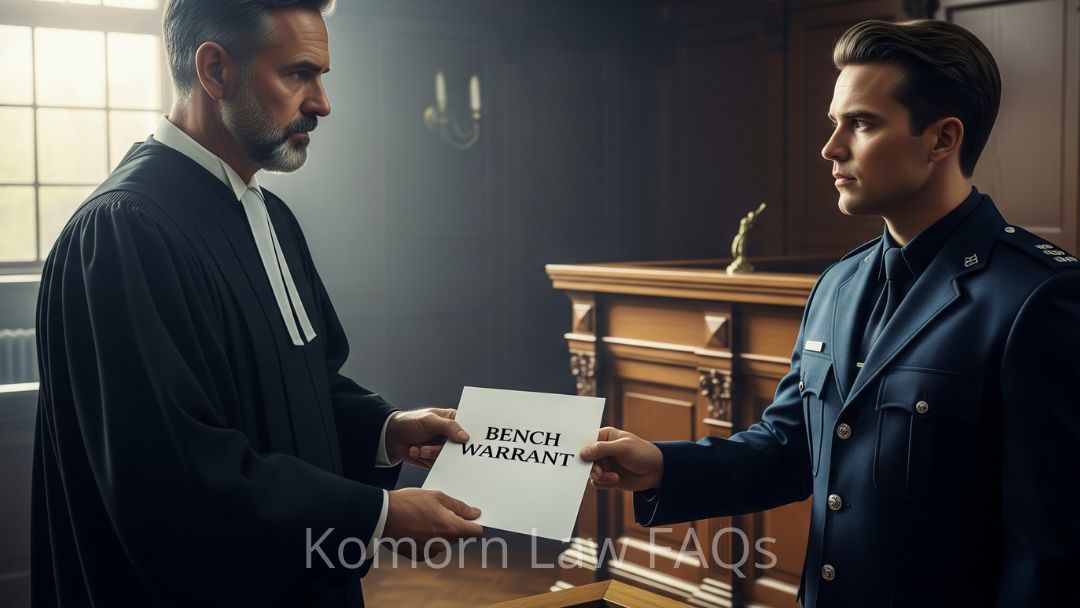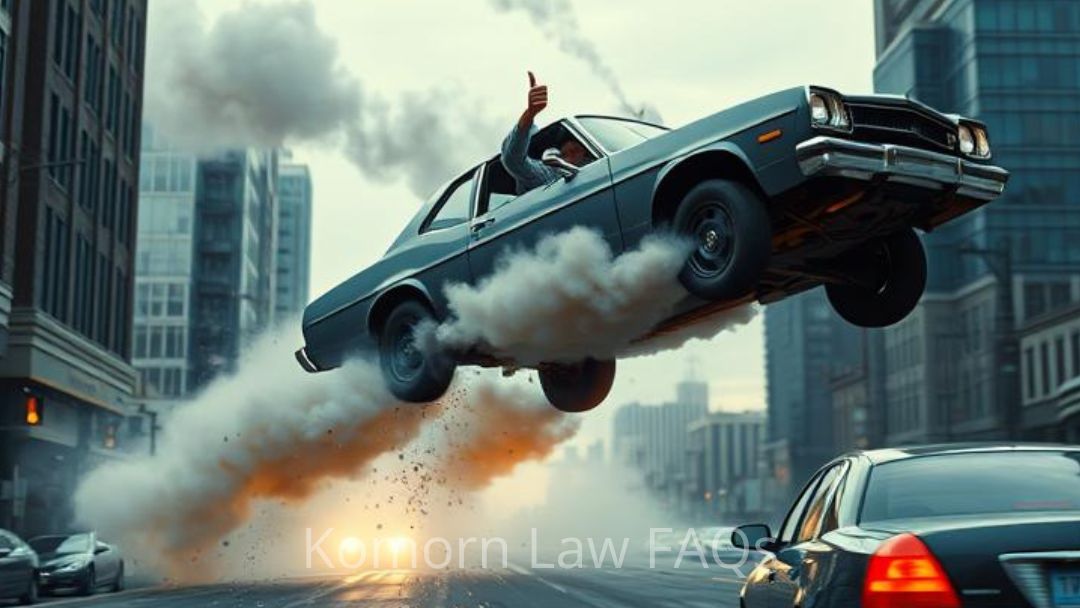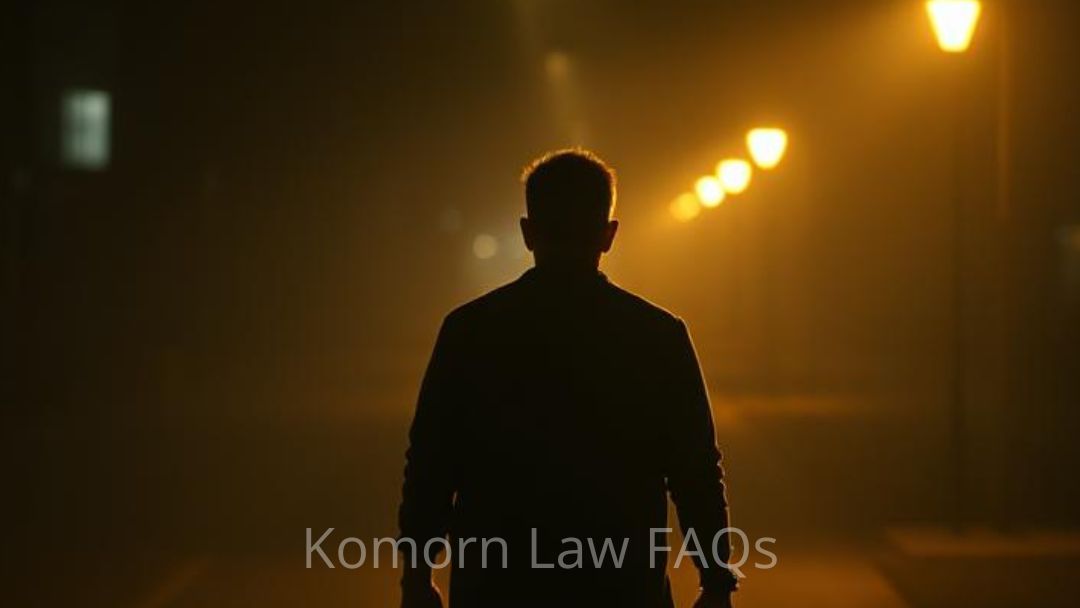Michigan Criminal Laws FAQs Bench WarrantsAccording to Michigan State Law (Michigan Compiled Laws - MCL), a Bench Warrant is a court order that directs law enforcement officers to arrest and bring a specific individual before the court. It's issued by a judge (from...
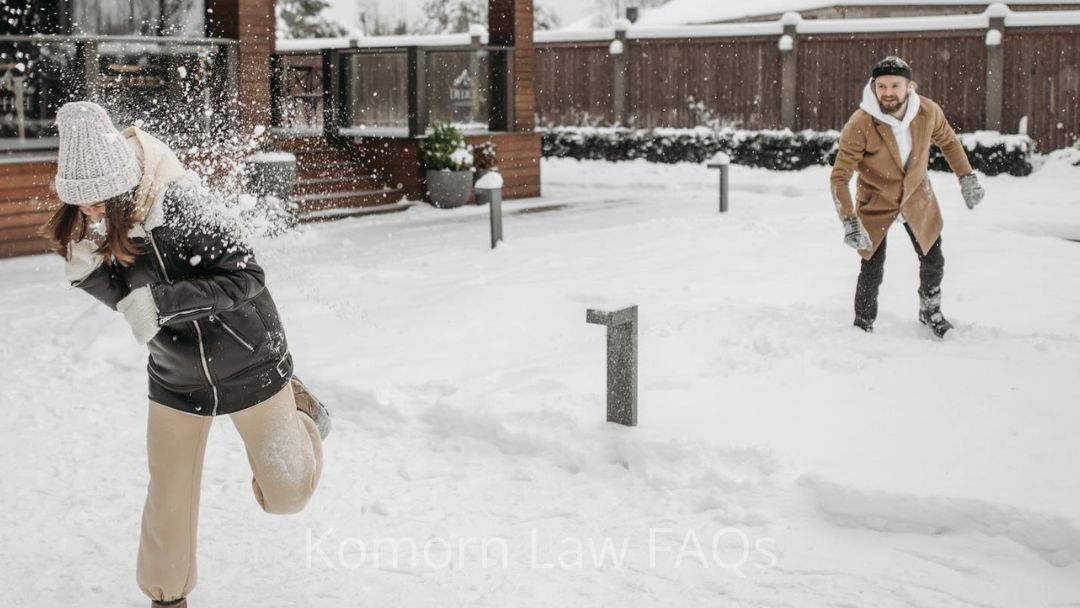
Criminal Law FAQs – Assault with Intent to do Great Bodily Harm Less Than Murder (AWIGBH)
Michigan Criminal Laws FAQs
Assault with Intent to do Great Bodily Harm Less Than Murder
According to Michigan State Law (Michigan Compiled Laws – MCL), Assault with Intent to do Great Bodily Harm Less Than Murder (AWIGBH) is a serious felony offense defined in MCL 750.84. It is a specific intent crime, meaning that the prosecution must prove not only that an assault occurred, but also that the defendant had the deliberate purpose or design to cause serious injury, falling short of murder, to the victim.
750.84 Assault with intent to do great bodily harm less than murder; assault by strangulation or suffocation; “strangulation or suffocation” defined; other violation out of same conduct.
Sec. 84.
FAQs
FAQ 1: What distinguishes Assault with Intent to do Great Bodily Harm Less Than Murder (AWIGBH) from other assault charges in Michigan?
AWIGBH, under MCL 750.84, is a specific intent crime. This means the prosecution must prove two main things: 1) that an assault (an attempt or threat to commit a battery) occurred, and 2) that the defendant had the specific intent to cause “great bodily harm” to the victim. “Great bodily harm” is defined as any serious injury of an aggravated nature. This specific intent element is what elevates it above simple assault or aggravated assault, where such a high level of intent to injure is not required.
FAQ 2: What are the potential penalties for a conviction of AWIGBH in Michigan?
AWIGBH is a serious felony offense in Michigan. A conviction is punishable by imprisonment for up to 10 years and/or a fine of up to $5,000. The actual sentence imposed by the court will depend on various factors, including the defendant’s prior criminal record and the Michigan Sentencing Guidelines.
FAQ 3: Does the victim have to suffer a serious injury for someone to be convicted of AWIGBH?
No. While the charge requires the intent to cause great bodily harm, the victim does not necessarily have to suffer that specific level of injury for a conviction. The focus of the crime is on the defendant’s state of mind and actions at the time of the assault, not the outcome. However, if the victim did suffer a serious injury, that injury can be presented as evidence to help prove the defendant’s intent.
FAQ 4: What kind of evidence might the prosecution use to prove “intent to do great bodily harm”?
To prove the specific intent required for AWIGBH, the prosecution may present various types of evidence, including:
- Nature of the Weapon: If a weapon was used, its type and how it was employed (e.g., a knife, a firearm, a blunt object).
- Number and Location of Blows: Multiple blows, or blows directed at vital areas of the body (e.g., head, neck, chest).
- Threats: Any verbal or written threats made by the defendant before, during, or after the assault.
- Severity of Injury: While not required, significant injuries sustained by the victim can be strong circumstantial evidence of the defendant’s intent.
- Statements: Any admissions or statements made by the defendant indicating their intent.
Recent FAQ Posts – More Below
Criminal Law FAQs – Bench Warrant
Criminal Law FAQs – Traffic Offenses
Michigan Criminal Laws FAQs Traffic OffensesAccording to Michigan State Law (Michigan Compiled Laws - MCL), Traffic Offenses encompass a wide range of violations related to the operation of motor vehicles on public roads and highways. These offenses are primarily...
Criminal Law FAQs – Drunk and Disorderly
Michigan Criminal Laws FAQs Drunk and DisorderlyAccording to Michigan State Law (Michigan Compiled Laws - MCL), there isn't a specific statute that solely defines "Public Drunkenness" as a statewide criminal offense in the same way some other states might have a...
FAQ 5: What are some common legal defenses against an AWIGBH charge, and how is Komorn Law experienced in fighting these types of charges?
Fighting an AWIGBH charge requires a robust legal strategy due to its serious nature. Common legal defenses include:
- Self-Defense or Defense of Others: Arguing that the defendant used reasonable and necessary force to protect themselves or another person from imminent harm
An Assault with Intent to do Great Bodily Harm Less Than Murder charge is very serious in Michigan can have serious consequences affecting your job, finances, and even your freedom. It’s crucial to understand your rights and explore all available legal options.
Contacting an experienced criminal defense attorney as soon as possible is essential. Since 1993 Attorney Michael Komorn lead trial attorney in both state and federal courts has provided a strong defense above and beyond for clients. Contact Komorn Law and Call our office 248-357-2550 for a case evaluation.
Komorn Law
SUper Drunk – High BAC Charge? – Better Call Komorn
Komorn Law
Areas of Service
We fight for our clients throughout the State of Michigan and Northern Ohio.
Here are some court contacts we frequently handle cases.
Oakland County
If you are facing any legal charges in Oakland County and need to hire an attorney, call our Office (248) 357-2550. If you need to contact the court, here is the information:
- Telephone Number: (248) 858-0344
- Address: 1200 N Telegraph Rd, Department 404, Pontiac, MI 48341-0404
- Website:
Oakland County 6th Judicial Circuit Court
Macomb County
If you are facing any legal charges in Macomb County and need to hire an attorney, call our Office (248) 357-2550. If you need to contact the court, here is the information:
- Telephone Number: (586) 469-5150
- Address: 40 N. Main Street, Mt. Clemens, MI 48043
- Website:
Macomb County 16th Judicial Circuit Court
Wayne County
If you are facing any legal charges in Wayne County and need to hire an attorney, call our Office (248) 357-2550. If you need to contact the court, here is the information for the Third Circuit Court (Wayne County):
- Telephone Number (Civil/Family): (313) 224-5510
- Telephone Number (Criminal): (313) 224-5261 or (313) 224-2503
- Address (Civil/Family): 2 Woodward Avenue, Detroit, MI 48226
- Address (Criminal): 1441 St. Antoine, Detroit, MI 48226
- Website:
https://www.3rdcc.org/
Kent County
If you are facing any legal charges in Kent County and need to hire an attorney, call our Office (248) 357-2550. If you need to contact the court, here is the information:
- Telephone Number: (616) 632-5220
- Address: 180 Ottawa Avenue NW, Grand Rapids, MI 49503
- Website:
Kent County
Traverse County
If you are facing any legal charges in Traverse County and need to hire an attorney, call our Office (248) 357-2550. If you need to contact the court, here is the information for the 13th Circuit Court (which includes Traverse County):
- Telephone Number: (231) 922-4701
- Address: 328 Washington Street, Suite 300, Traverse City, MI 49684
- Website: Traverse City 13h Circuit Court
Monroe County
If you are facing any legal charges in Monroe County and need to hire an attorney, call our Office (248) 357-2550. If you need to contact the court, here is the information:
- Telephone Number: (734) 240-7020
- Address: 106 E First Street, Monroe, MI 48161
- Website: Monroe County 38th Circuit Court

